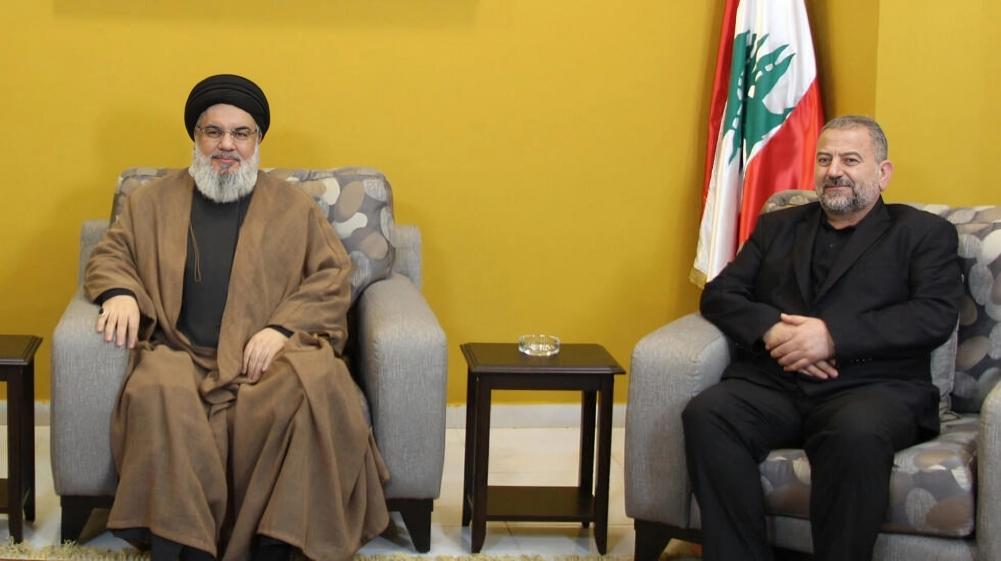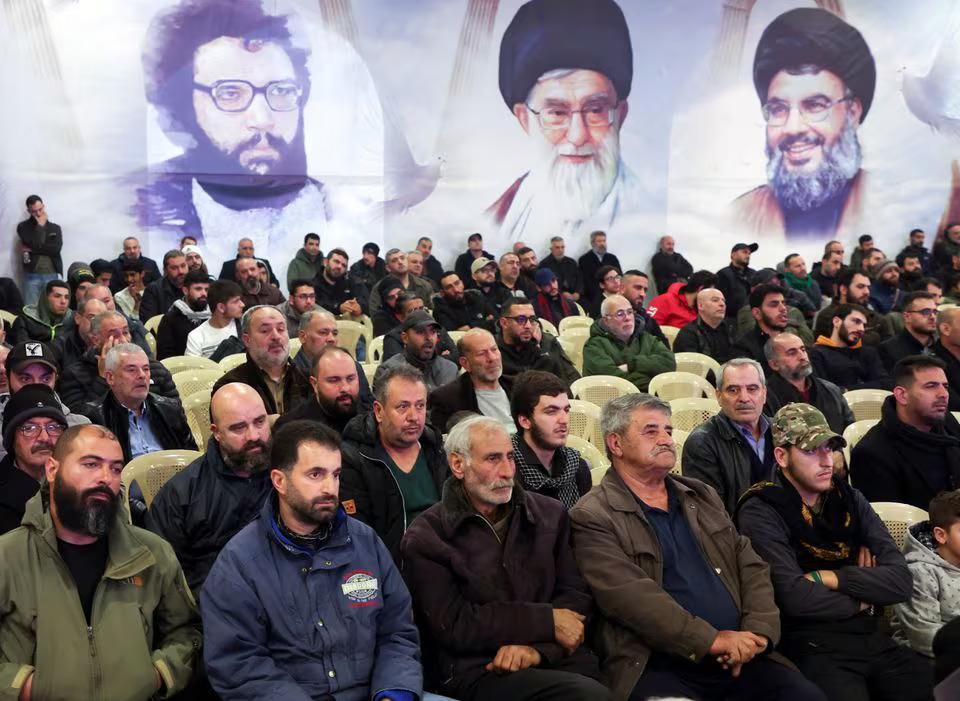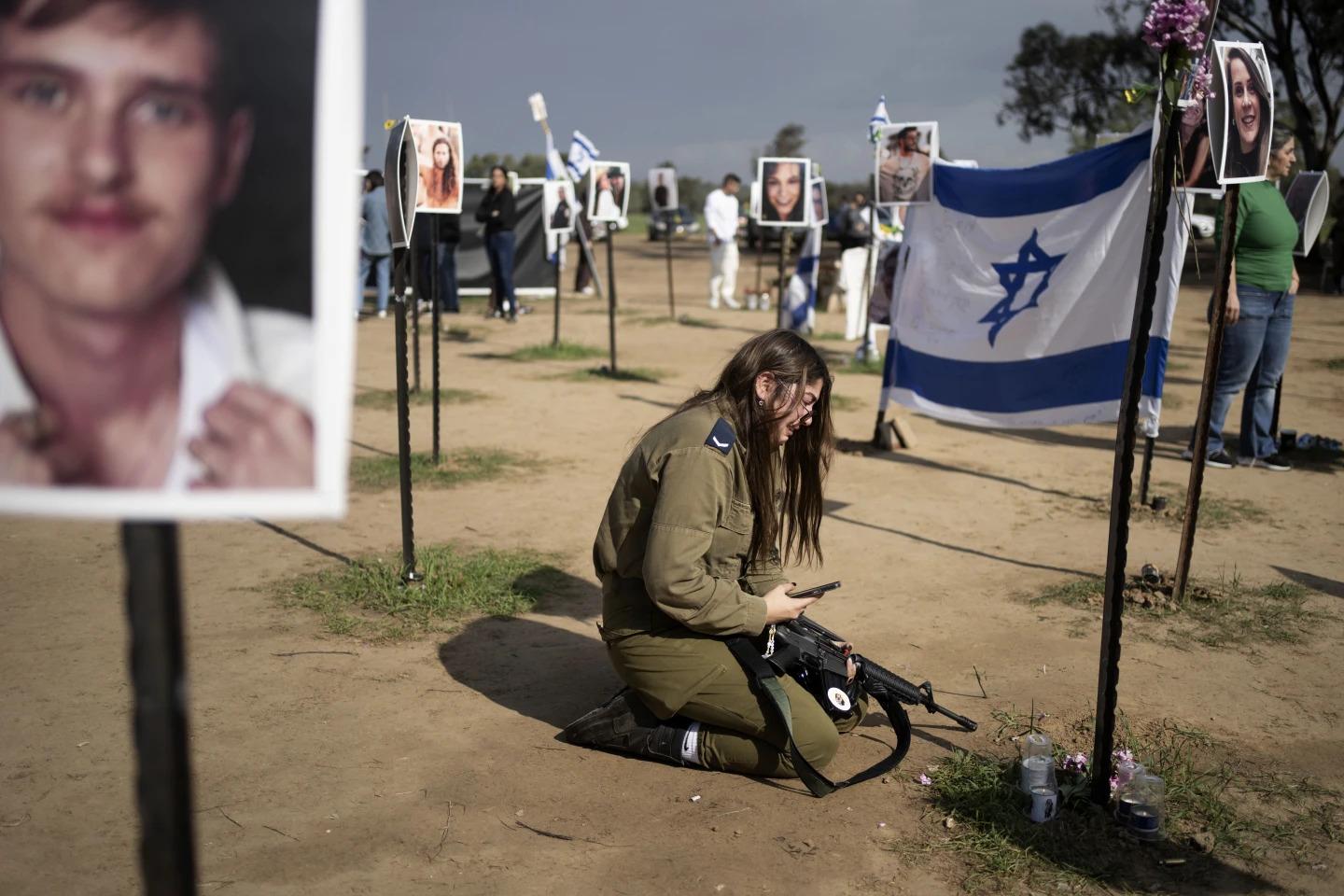Assassination of Hamas leaders may trigger new wave of violence in Gaza War Throwing a wildcard
On January 2, Israeli Defense Forces (IDF) conducted a strike on Hamas political leadership based in Lebanon as a part of its large-scale campaign against the organization in the Gaza Strip. Fighting raged on inside Gaza, especially in and near the southern city of Khan Younis, where the Israeli military recently claimed it had killed three members of the militant Palestinian Hamas group that rules the densely populated coastal strip.
The killing of senior Hamas leader Saleh al-Arouri in Lebanon’s capital of Beirut has sparked fears that the war in Gaza could spread beyond the Palestinian enclave. The assassinated Saleh al-Arouri was an agile strategist, one of the founders of the Qassem Brigades, and a significant liaison to Iran’s wider network of fighters committed to fighting Israel.
The precise assassination triggered emotions in Iran and Lebanon as to avoid Israel targeting its own officials, Hezbollah would have to figure out whether the IDF succeeded due to its military intelligence or due to Hamas informants. Also, by the killing operation, Israel is signalling that it is ready for a possible escalation of the conflict on its northern border with Lebanon.

Lebanon has claimed Israel is responsible for the blast and accused Israel of trying to drag Beirut into a regional war. Israel has not claimed responsibility for the strike, while an advisor to Israeli Prime Minister Benjamin Netanyahu described it as a “surgical” hit on Hamas rather than an attack on Lebanon.
It marked the first Israeli attack deep in Lebanese territory since the Hamas attack on Israel. The conflict in Gaza between Israel and Iranian-backed proxies heightened dramatically as Tel Aviv increased the scope of military operations to target Iranian-linked groups, including the Houthi rebels in Yemen and armed militias in Syria.
Amid the ongoing devastating war in Gaza, Iran renewed efforts to activate all of its proxies in the region to quell Israeli military operations and exert influence over the US and allied forces in the Gulf. For example, on January 1, a day before al-Arouri’s killing, Iran dispatched IRIS Alborz to the Red Sea, threatening the U.S.-led maritime coalition deployed to stop Yemen-based Houthi attacks on one of the world’s most critical shipping lanes.

Surprisingly, a day after the assassination, Iran was blasted with a deadly terrorist attack, killing 103 and injuring many more during the memorial ceremony of the assassinated General Qassem Suleimani. While the Islamic State terror group has claimed responsibility for the attack, the high death toll has shocked the country and will only raise the stakes in a region on edge.
Even though the US and Israel steadily increased pressure on Iran and its proxy forces, Tehran refrains from entering a direct confrontation with the United States and Israel to date. On the other hand, the US and Israel are also hesitant to provoke Iran to be directly involved in a significant armed escalation in the fragile region.
On Hezbollah’s end, the organization will unlikely try to respond to the Beirut blast in a meaningful way, considering the firepower and human resources limitations. This may be a core reason behind Hezbollah's declining influence in the Middle East, as many accuse the organization of not demonstrating “sufficient commitment” to support Hamas’s campaign against Israel.

Moreover, Hezbollah’s dangerous gambling with Israel alongside the border area threatens to turn the quasi-failed state of Lebanon into a new "Somalia of the Middle East". Since October 2023, Hezbollah fighters have been attacking Israeli posts and villages along the border, and the group has launched rockets and drones toward Israeli targets. Israeli tanks, artillery, and aircraft have been striking areas on the Lebanese side of the border.
However, the government of Lebanon has little to do to confront Hezbollah's influence in its southern borders amid deep economic and political turbulence. Notwithstanding the Hezbollah and Hamas efforts to gain more space and positive results against Israel in the Gaza War, IDF will likely proceed with high-precise operations against organizations beyond its borders to be able to demilitarize the Gaza Strip and destroy all Palestinian militant organizations.








